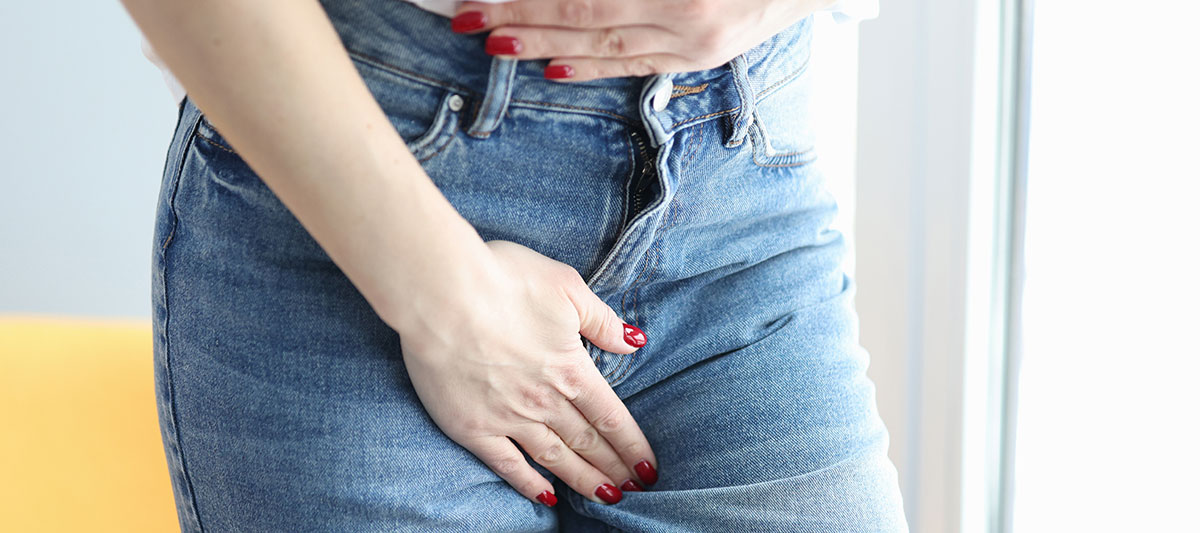Polycystic Ovary Syndrome (PCOS) in India
Polycystic ovary syndrome (PCOS) is an ailment that impacts the hormone levels of women. For example, women experience that this condition makes it more difficult for them to conceive, their hair patterns get affected and may lead to baldness, or the body skips periods altogether. In India, more and more women have been seen to suffer from PCOS. According to statistics, approximately 20% of all Indian women are affected by PCOS. This condition can even lead to health problems such as heart disease and diabetes.
What causes PCOS?
Doctors are unaware of the exact reasons behind PCOS. However, it is believed that since there is a generation of abnormal levels of masculine hormones in this condition, ovaries get prevented from producing their hormones and generating eggs.
Here are some factors that are considered to be high risk for this condition:
Genes
Research shows that PCOS is genetic and runs in families. It is possible that a lot of genes, instead of just one, may contribute to this condition.
Insulin resistance
It has been seen that around 70 per cent of women who suffer from PCOS also have some degree of insulin resistance. This means that the cells in their body are unable to utilize insulin properly. If your cells are unable to use insulin properly, they may face some problems trying to get sugar from various foods. Additionally, the demand for insulin within the body increases, and the pancreas starts to generate more to compensate. This extra insulin can trigger ovaries to generate more masculine hormones.
Inflammation
Women who suffer from PCOS are also seen to have raised levels of body inflammation. If you suffer from obesity or are overweight, these conditions can likewise contribute to this inflammation. Research has linked higher androgen levels to excess inflammation.
Common symptoms of PCOS
Some women begin to witness symptoms roughly about the time they have their first period. However, other women may realize it if they are having trouble conceiving or if they have put on a considerable amount of weight.
Here are some symptoms of PCOS:
- Irregular periods: PCOS involves the lack of ovulation. This prevents menstrual cycles altogether.
- Heavy bleeding: Since the menstrual cycle gets disrupted, the uterine line keeps building up for a more extended period, and you may experience heavy bleeding.
- Hair growth: Body hair starts to grow more prominently on the chest, belly, back, and even face.
- Acne: The excess generation of masculine hormones could make your skin oilier than normal and induce breakouts in places such as the upper back, chest, and face.
- Male pattern baldness: You may also experience thinning of the hair present on your scalp and falling it.
- Darkening of skin: Dark patches could form on your skin in areas such as under the breasts, in the groin, or on the neck.
- Headaches: Hormone changes could even trigger constant headaches.
If your doctor suspects that you suffer from PCOS, they may recommend:
- An ultrasound
- A series of blood tests
- A pelvic exam
If you have been diagnosed with PCOS, your doctor may want you to take some extra tests that can assist in avoiding complications. These tests may include:
- Screening for the obstruction of sleep apnea
- Screening for anxiety and depression
- Periodic checks of your triglyceride and cholesterol levels, glucose tolerance, and blood pressure
Conclusion
PCOS, or, Polycystic ovary syndrome, impacts up to 27 per cent of women who are in their childbearing years. Women who suffer from PCOS tend to produce more male hormones than normal. This abnormal production causes hormone imbalance that may affect your body in many ways. However, PCOS is also easily treatable by a professional doctor. To avoid the side effects of this syndrome, get tested at Helix Pathlabs, Mohali, and choose the HELIX POLYCYSTIC OVARIAN DISEASE PROFILE as early as possible.
Meet Our MD, Dr. Charandeep Singh Sahni
We take pride in the fact that we are led and driven by the innovative and humanitarian approach of our honourable managing director, Dr Charandeep Singh Sahni. Carrying several years of experience in medical services under his belt, Dr Sahni has been actively involved in organizing and conducting national and state-level conferences at TMH. He specializes in lymph node pathology, GI pathology, head and neck pathology, and breast pathology.
Medical Academic Background and Career at a Glance
- MBBS from the prestigious Grant Medical College and Sir JJ Hospital, Mumbai with distinction in Biochemistry and Pharmacology in 2000.
- MD in pathology from Tata Memorial Hospital, Mumbai from 2003-06.
- Worked as Senior Resident in Department of Histopathology at PGIMER, Chandigarh.
Research and Papers Presented by Dr Sahni
Dr Sahni also demonstrated his professional achievements by presenting his research works at several eminent conferences. Some of his research work was published and referred by eminent medical journals.
- He presented a poster on “Aorto-Left Atrial Fistula” in APCON 2003 at Bhubaneswar.
- His paper on “Analysis of Renal Cell Carcinoma: A Study of 173 cases” in APCON 2005 at Pune was lauded by the healthcare community.
- In 2006, he demonstrated an important piece of research titled “Distribution, clinicopathological characteristics and immunophenotyping of Hodgkin’s Lymphoma: A study of 313 cases using WHO classification (2000)” at APCON 2006 in Bangalore.
Key Published Works:
Dr Sahni has also been involved with many articles published by leading science and medical journals.
- Bothra R, Pai PS, Chaturvedi P, Majeed TA, Singh C, Gujral S, Kane SV. Follicular dendritic cell tumour of tonsil – is it an underdiagnosed entity? Indian J Cancer 2005; 42 (4): 211-4.
- Charandeep S Sahni, Sangeeta B. Desai. Distribution and Clinicopathological characteristics of non- Hodgkin’s lymphoma in India: A study of 935 cases using the WHO classification of lymphoid neoplasms (2000). Leukaemia and Lymphoma 2007; 48 (1): 122-133.
- Charandeep Sahni, Sangeeta Desai. Primary testicular precursor B-lymphoblastic lymphoma: A rare entity. Leukaemia and Lymphoma 2007


